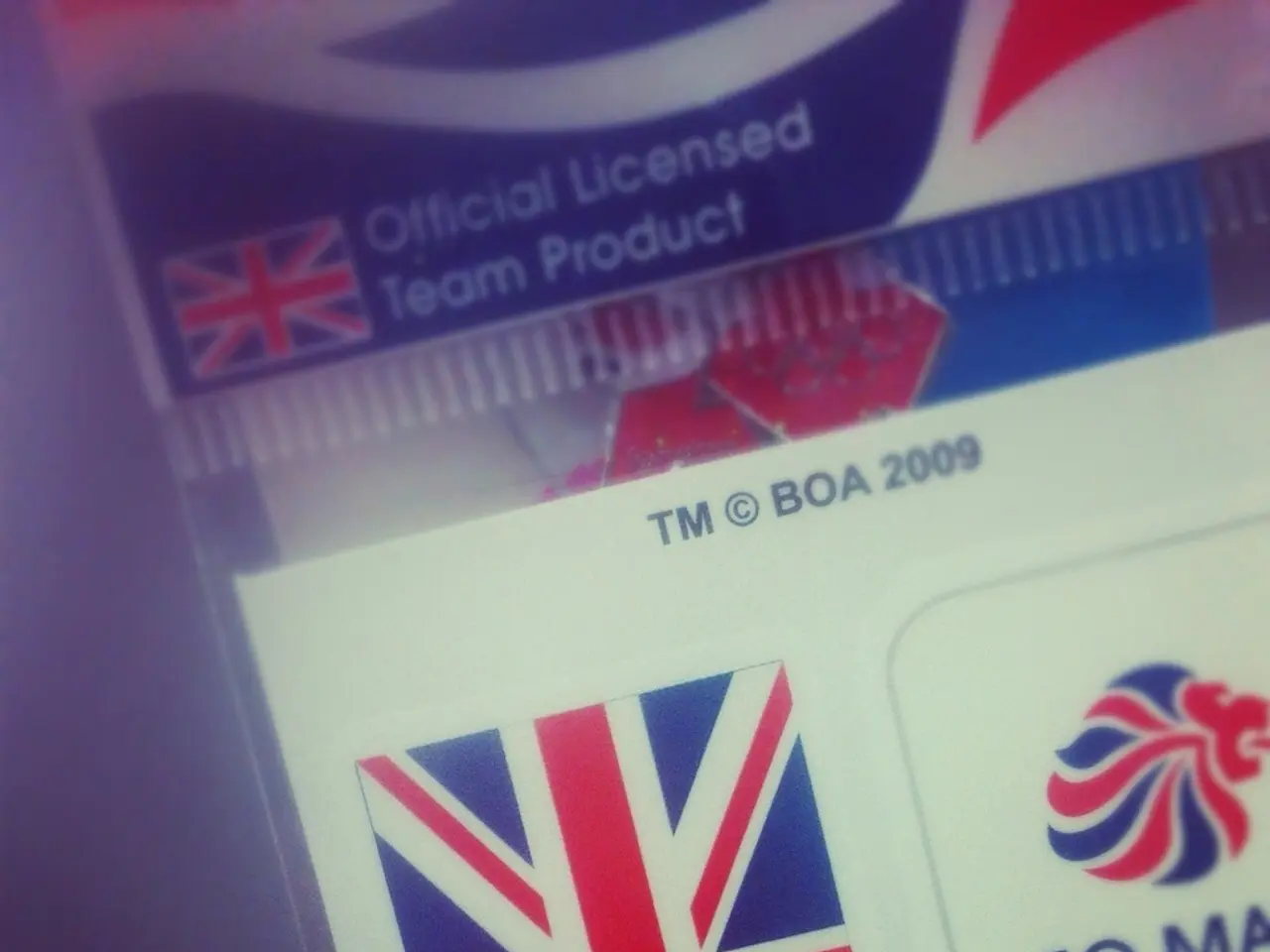"Instructions for Compulsory Enrollment of Cryptocurrency Enterprises in Belgium"
Under the "status and supervision of service providers for the exchange of virtual currency and fiat currency and custodian wallet providers" Decree, crypto businesses in Belgium are required to comply with a series of registration and operational requirements. The Financial Services and Markets Authority (FSMA), the Belgian regulatory authority, is responsible for supervising these entities.
Mandatory Registration with FSMA
Crypto service providers involved in exchanging virtual currency and fiat currency or providing custodian wallet services must obtain registration to legally operate in Belgium. This includes operators of ATMs enabling crypto-to-fiat exchange on Belgian territory and entities regulated by the National Bank of Belgium and the FSMA.
Compliance with AML/CFT Obligations
Registered entities must adhere to strict Anti-Money Laundering (AML) and Counter-Terrorism Financing (CTF) policies, maintaining transparent operations and reporting requirements to the Financial Intelligence Unit (FIU).
Maintaining Detailed Records and Reporting
Businesses must keep detailed transaction records and comply with reporting obligations related to large transactions and suspicious activities under Belgian and EU regulations.
Real Economic Substance and Operational Presence
While there are no nationality requirements for directors or shareholders, companies are expected to have real economic substance and preferably conduct board meetings in Belgium to reflect genuine business activity.
Registration under Evolving Legal Frameworks
The decree forms part of Belgium’s efforts to harmonize crypto regulation with EU standards, including upcoming obligations related to tax and transparency under EU initiatives like DAC8 and CARF.
Application and Checklist
The FSMA has developed a checklist of information and documents that are mandatory for application. The application fee for registration with the FSMA is €8,000 per registration (€16,000 for both).
Transitional Regime
The Decree sets a transitional regime for active crypto businesses to continue operating under temporary authorisation until the FSMA's decision on their application.
Crypto businesses fell into the AML scope on July 20th, 2020, following amendments to the AML Law of 18 September 2017 in line with the European Fifth AML Directive (5AMLD). Active businesses must notify the FSMA that they provide services falling under the registration requirement by July 1st, 2022.
The decree also specifies that executives of crypto businesses seeking registration must have "the appropriate expertise and the professional integrity". Crypto businesses must provide the FSMA with information on stakeholders, including those who hold at least 5% of the company and persons who exercise control. Businesses must also have a minimum capital of €50,000 and be established under one of the acceptable corporate forms, as defined by the Belgian Companies and Associations Code.
In summary, the decree mandates that all service providers exchanging fiat and virtual currencies or providing custodian wallet services must register with the FSMA, enforce AML/CFT compliance, maintain transparent records, and demonstrate real business presence in Belgium. Belgium's growing regulatory framework and increasingly strict reporting and registration requirements position it as a jurisdiction requiring proactive compliance to avoid legal or tax issues.
- Crypto businesses in Belgium, which include operators of ATMs enabling crypto-to-fiat exchange, as well as entities regulated by the National Bank of Belgium and the FSMA, must obtain registration and adhere to strict AML/CFT policies to legally operate.
- Registered entities in the digital asset sector are required to provide the Financial Services and Markets Authority (FSMA) with information on stakeholders who hold at least 5% of the company and those who exercise control, as well as have a minimum capital of €50,000 and be established under an acceptable corporate form under the Belgian Companies and Associations Code.




